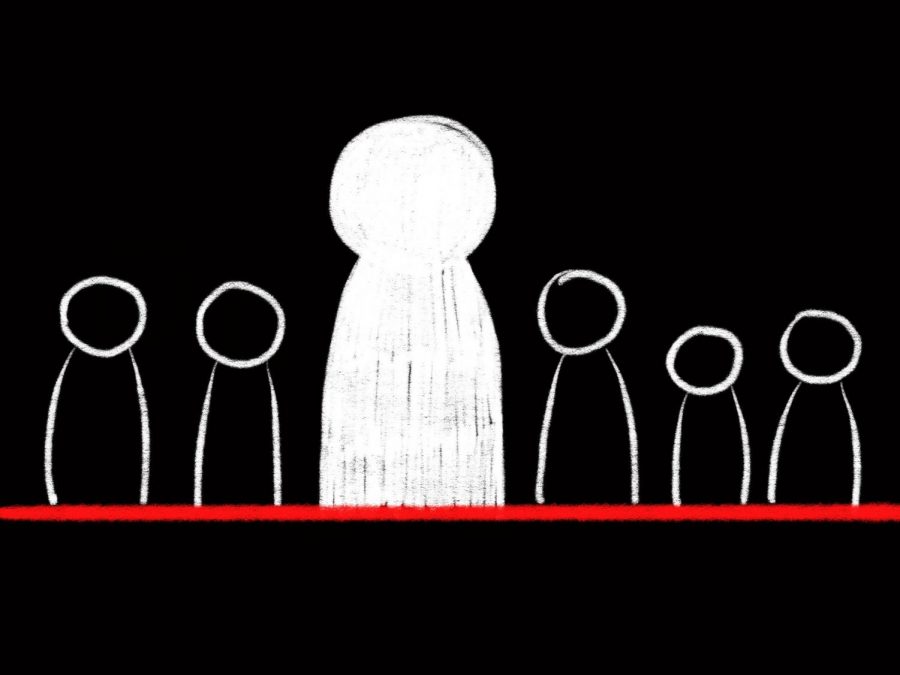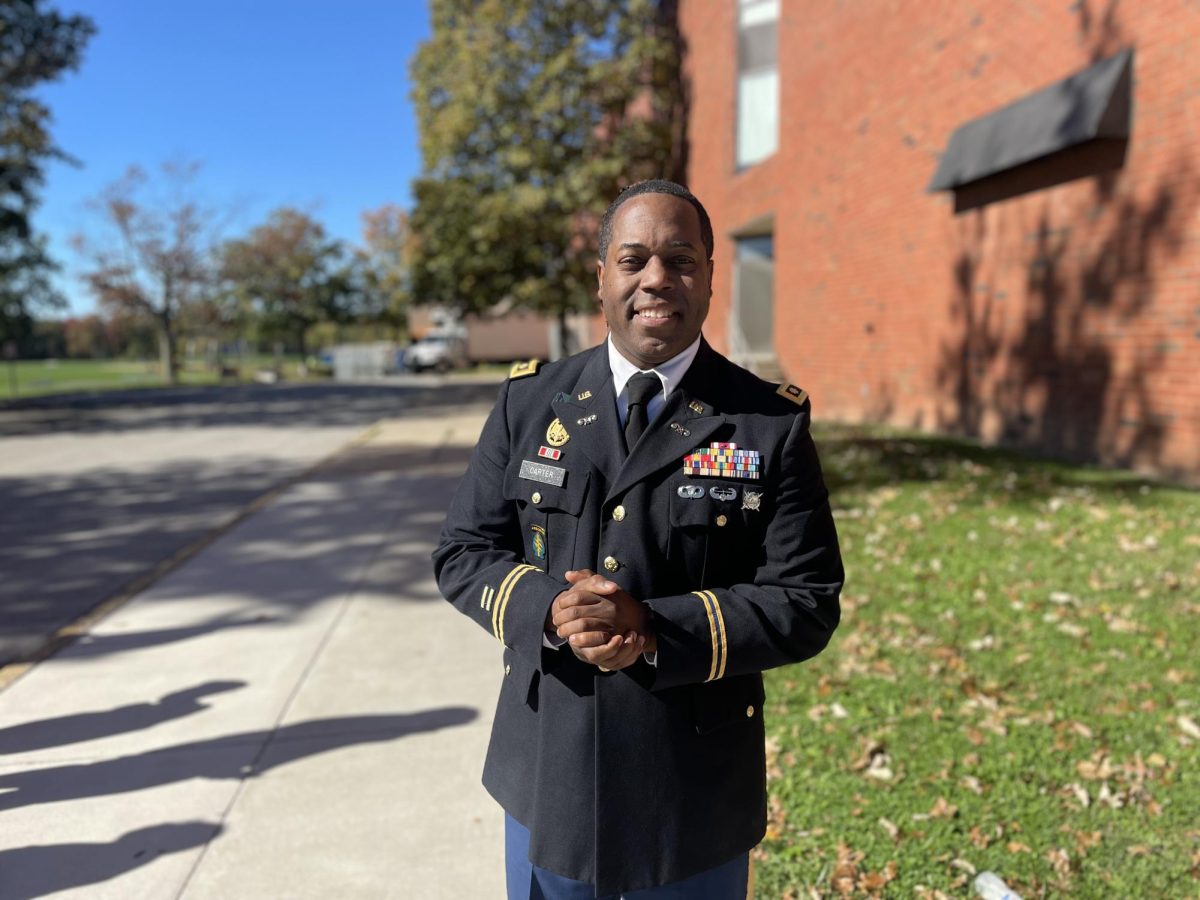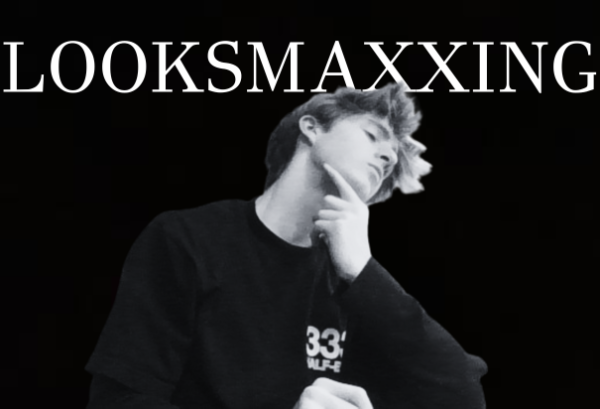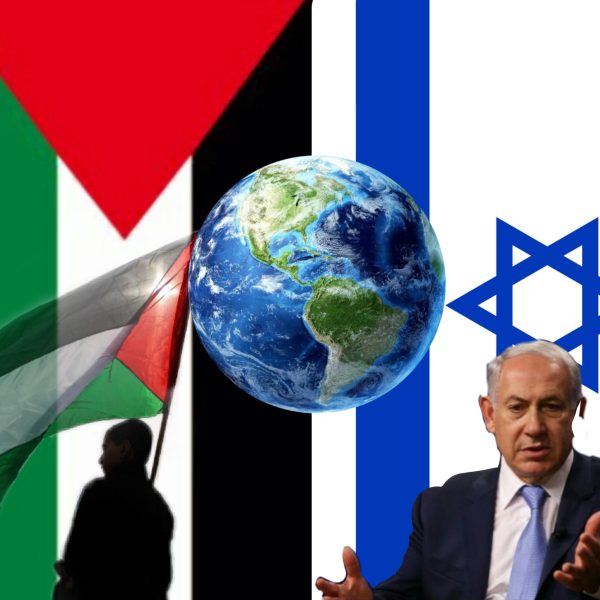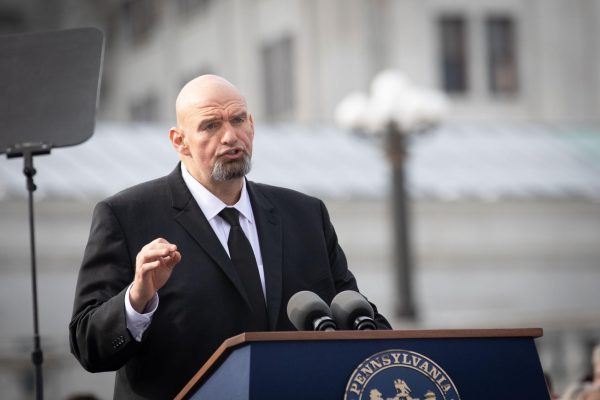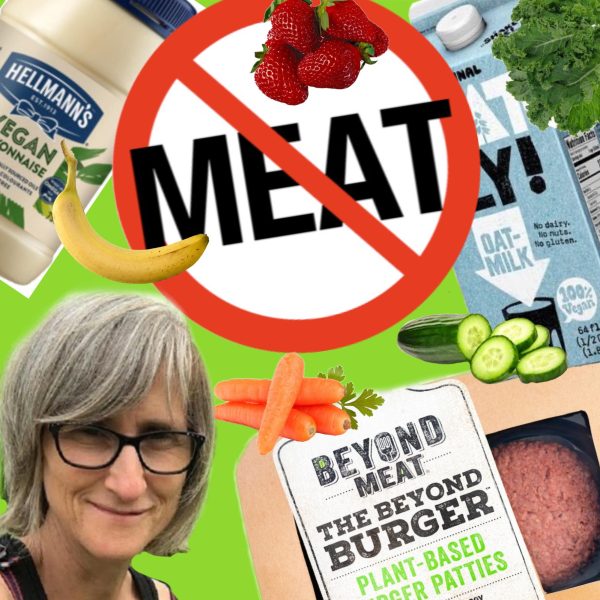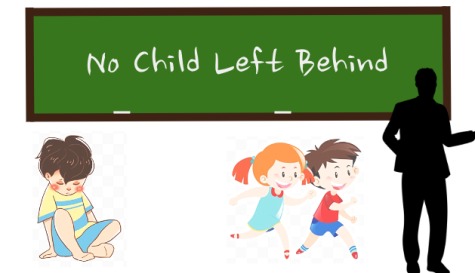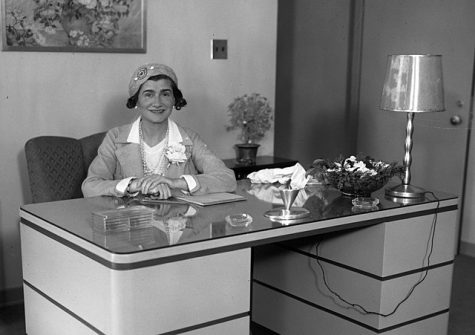White Privilege: The Ironic Societal Norm
January 3, 2020
The world we live in now is full of contrasting and conflicting ideas, especially when it comes to discussing political and social matters. One of the most misunderstood concepts is privilege despite it being integral to the way societies function, and impacting every aspect of life. Privilege can be defined as special treatment that a certain group receives, while other groups face discrimination. There is a vast amount of confusion clouding the true nature of the meaning of privilege, especially in modern American society.
I’ve heard many flawed, inaccurate, and uninformed beliefs about the nature of privilege from family members, peers, and even strangers. Many seem to labor under the belief that those who believe in privilege believe majority groups have easy lives or do not struggle whatsoever. However, this is not accurate as to the definition of privilege.
Privilege in America is preferential treatment based on race, gender identity, ethnicity, sexuality, physical or mental health conditions, and many other factors. A person would experience privilege by belonging to a majority group; for example, Caucasian, able-bodied, heterosexual, cisgender, upper class, or any other non-minority group in the United States. Minorities are constantly discriminated against in America, in both subtle and obvious ways, by being constantly stereotyped, prevented from having the same financial and social opportunities as non-minorities, and generally being treated as inferior.
Unarmed black teenagers are killed by police at alarming rates. According to mappingpoliceviolence.org, a database that records the number of people killed by police in a given year, “black people are 3x more likely to be killed by police than white people.” In 2017, black people were “25% of those killed despite only being 13% of the population.” Members of the LGBTQ+ community are brought to conversion camps and shamed out of expressing their true identities; only eighteen states have a specific law banning conversion camps, Pennsylvania not being one of them. Women are still often expected to abide by traditional gender roles.
As stated by americanprogress.org, women are only 24% of Congress members, 28% of state legislature officials, and 18% of governors, showing a massive disparity in the amount of female political officials compared to male officials. Mental health care is massively stigmatized, and those who seek it out are often treated as crazy or weak.
As of 2009, studies conducted by the APA (American Psychological Association) showed that “people are twice as likely today than they were in 1950 to believe that mentally ill people tend to be violent,” and “68 percent of Americans do not want someone with a mental illness marrying into their family and 58 percent do not want people with mental illness in their workplaces.” Those not belonging to majority groups objectively have an advantage, as they are treated as the “default” in society, whilst minorities are treated as abnormal or unimportant.
It is objective that majority groups in the United States experience privilege; it is not an “untested, radical concept,” but rather something that has been continually studied, analyzed, and proven through research. Nobody’s life is made perfect just because they possess privilege, but denying that it provides some advantages is outright falsehood. Someone is not made an enemy by possessing privilege; they become an enemy when they use their privilege as a tool to oppress others. This could include repressing, belittling, abusing, or harming those who do not experience the same societal benefits.
Of course, the concept of privilege envokes cries of unfairness towards non-minorities whenever it is discussed. Anti-white racism, “heterophobia,” claims of prejudice against the rich, and other biases against non-minorities are all discussed, and oftentimes presented as though they are equal to the struggles that minorities regularly face. Yes, all of these things are issues, as any group can be biased against any other group. In significantly smaller and overall less severe quantities, these injustices do occur, but comparing them to the systemic, societally rooted oppression faced by marginalized people—suffering that is often enforced by the government itself— is absurd.
On a large scale, white people in the USA were never forced into slavery or internment camps, denied their culture, murdered through acts of genocide, constantly discriminated against, or stripped of their identities simply for being white. Never was straight marriage criminalized, or heterosexuality considered a diagnosable mental illness, and never were cisgender (non-transgender) individuals told that they were confused, sociopathic, perverted monsters solely because of their “typical” gender identities. Never were non-mentally ill individuals treated as if their every action was unpredictable and terrifying because they were neurotypical. Never have non-immigrants been forced into random searches or unexpected deportations specifically because they were born on United States soil.
All of these injustices affect both minority and majority societal groups: the male-dominated society we live in creates impossible standards for men, women, and those of other gender identities. Minorities are treated unfairly, and majority groups are taught to be hateful and dismissive of the opinions and identities of minorities. The existence of the patriarchy means men feel ashamed and pathetic for expressing emotion or any kind of weakness. People of color feel as though they have to work significantly harder than white people to be seen as anything more than subpar, second-class citizens. Due to the rigid norms of sexuality, men feel afraid to express affection towards male friends for fear of being assumed, homosexual.
The issue of privilege is not a “woman problem” or a “person of color problem.” It does not only affect those who experience significant lack of privilege; rather, the mistreatment of any group in society creates an environment of hate and misunderstanding, while simultaneously creating unrealistic expectations for everyone, regardless of societal standing.
Acknowledge the privileges you may or may not possess. Stick up for people you see being mistreated, whether it be in a social setting, in the workplace, or at school. Don’t be afraid to call out prejudice and bigotry when you are in a safe position to do so— treat kindness as a societal norm, and hatred as something to be repulsed by. Do not stand for those seeking to divide you, for the issue of inherent privilege is one that can only be destroyed through acceptance of those who are different from you.

